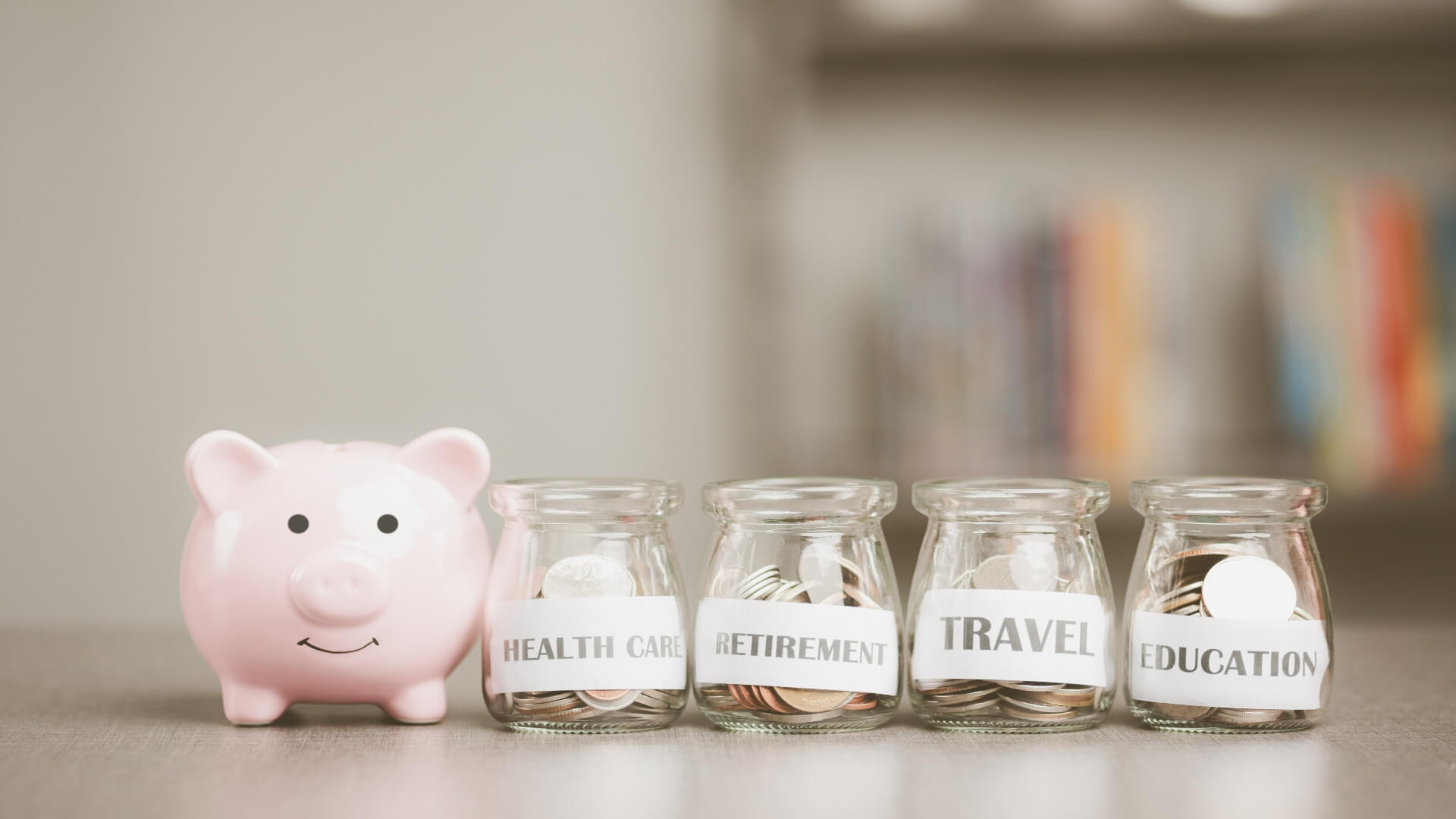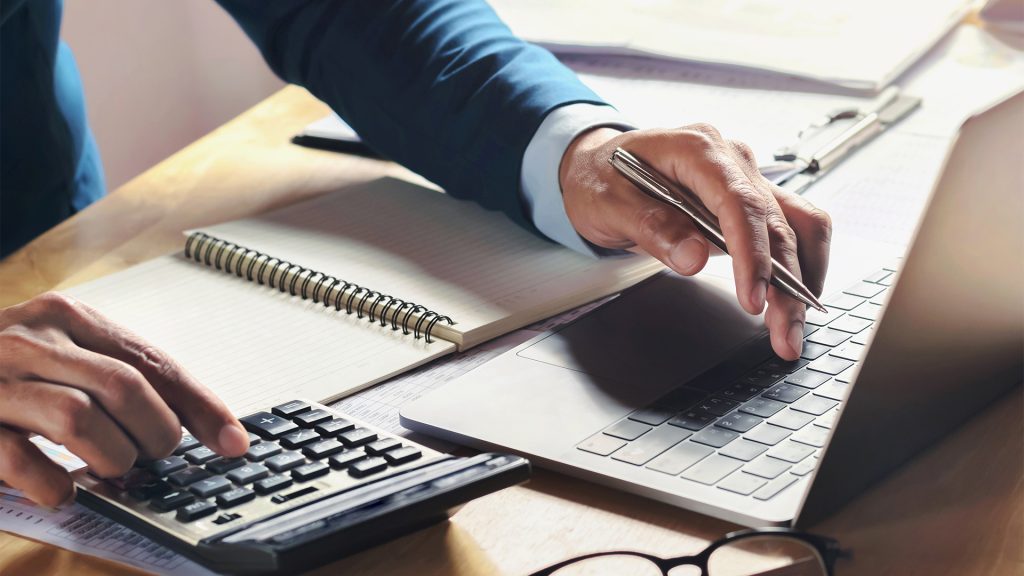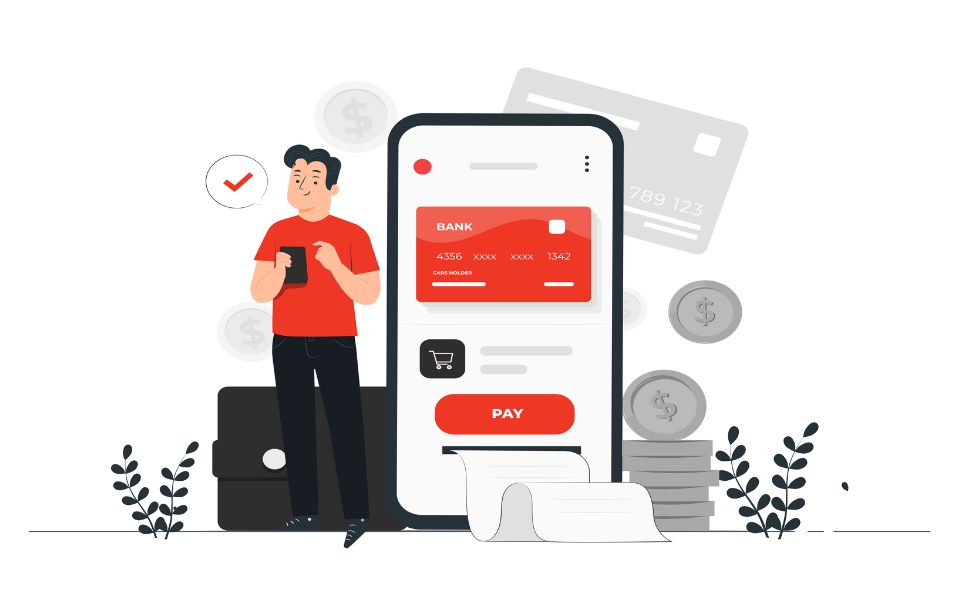New Year, new you? It’s an oft-derided phrase, but a new year is as good a time as any for a little self-examination. A good place to start is your approach to finances.
We all wish we were better with money. Getting control of your finances is a daunting task for anyone. But if you find yourself constantly struggling to keep up with your bills, or are facing a large amount of debt, you might want to consider looking at your money habits. How do you spend it? How do you save it? Can you save at all? What do you have put away for a rainy day?
All of these questions are worth exploring as the new year begins. This is why we have compiled a list of bad money habits that are worth avoiding, or breaking, as we move into 2023.
Not Having an Emergency Fund
No-one likes to think about unexpected expenses when considering their finances and making a budget. But, unfortunately, they are a fact of life. Unexpected expenses happen to everyone, whether they come in the form of medical expenses, auto repair bills, or a change in employment status.
Being prepared for a sudden financial hit is essential when it comes to personal finance planning. They will happen, so ensure you are not caught off guard by setting up an emergency fund. Doing so will mean that you are less reliant on credit cards or loans when the moment comes.
Late Payments
There will be times when paying a bill late might be unavoidable. Things happen to the best of us. But consistently paying bills late is a bad habit to get into. When you pay bills late, you damage your credit score and could accrue more debt in the form of interest charges and late fees.
Break this habit by ensuring that you pay your bills on time every month. A good way of making sure that you do this is by enrolling in auto-pay systems so the money comes straight from your account. This means you won’t forget about a certain bill and end up with an unexpected charge.
Irresponsible Use of Credit
Credit can be an incredibly useful tool. You may need to rely on debt when it comes to long-term expenses like education or mortgage payments. This is a totally acceptable use of credit.
Too often, however, people rely on credit to cover the basics such as food or rent. Or, worse, they use it for extravagant, impulsive purchases. If you are in this category, consider changing your approach to credit. Learn what to use it for, and what should come from your primary source of income. If you don’t, you could end up in a snowball of interest payments that will leave you financially stranded.
Spending More than You Earn
This is the number one, worst habit when it comes to personal finances. It can have a trickle-down effect into all areas of your finances and leave you in a precarious situation.
If you do spend more than you earn, you end up covering the rest through credit. This of course comes with interest and begins a dangerous cycle of debt.
If you are spending beyond the means, take a look at your spending habits. Do you often throw money away on frivolous purchases? Are you focusing on essential purchases or are you letting them fall by the wayside in favor of luxuries?
A good way of rectifying this situation is through understanding exactly how much you are spending each month by making a detailed monthly budget. This will allow you to examine your spending habits and look for areas in which you can save for the things that you actually need. Do you even use that streaming subscription you’re spending £20.00 per month for? Why are you spending so much on takeout coffee when you have a coffee machine at home?









